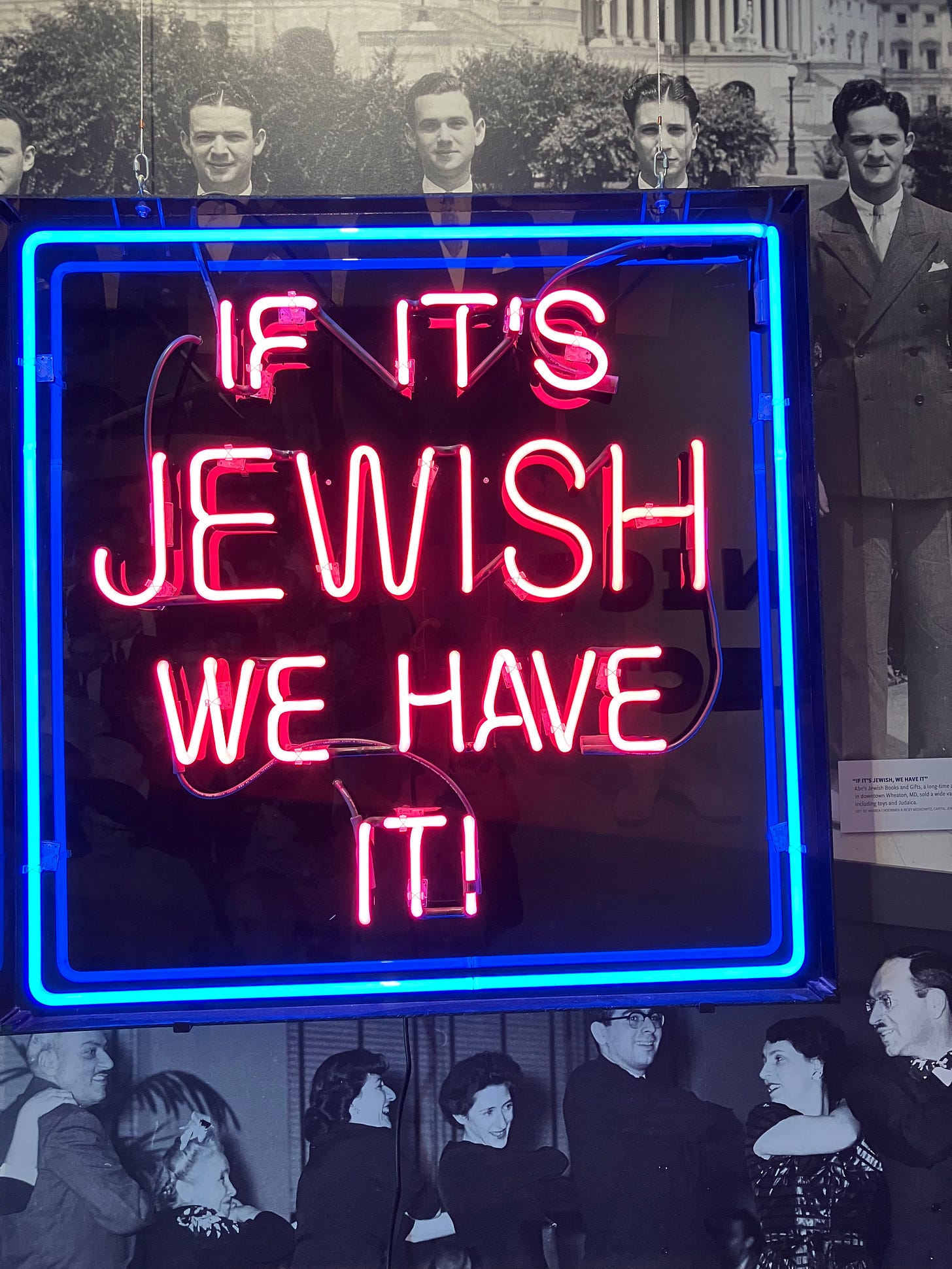In these last days before the Jewish New Year, I thought I would share some various reads that offer useful accompaniment for reflection and growth ahead of a new year as well as more wide ranging enjoyment and pleasure. Some of these I have read and some sit on my piles to start the new year with, beside apples and honey.
Fiction
J. Vanessa Lyon’s Lush Lives (Grove Atlantic/Roxane Gay Books) offers several of my favorite things: art historical gossip, New York Harlem history deep cuts and page turning romance. Ben Purkert’s The Men Can’t Be Saved (Overlook Press) seems both surreal and fun, moving between corporate and Kabbalah—novels by poets also never fail to deliver. Hope by Andrew Ridker (Viking) offers an immersive intergenerational comic drama—and a wonderfully awkward Bar Mitzvah photo cover. Professor Schiff’s Guilt by Agur Schiff, translated by Jessica Cohen (New Vessel Press) offers a darkly comic novel which interrogates memory of both the Holocaust and slavery. Mobility by Lydia Kiesling (Zando Press) offers a novelistic consideration of the climate crisis, again as dark comedy.
Non-Fiction
I found a lot to like in The Einstein Effect by Benyamin Cohen (Sourcebooks), particularly in the preponderance of quirky characters (Einstein brain snatchers! Alien hunters!) and fun facts about Einstein himself built in. Another interesting read is Questions to Ask Before Your Bat Mitzvah, edited by Morgan Bassichis, Jay Saper and Rachel Valinsky (Wendy’s Subway) with delightful illustrations by Nicole Eisenmann . Perhaps most interesting in the collection, though, is the chance to read Angela Davis on the significance of her Jewish mentors with Dorthy Healy a key influence on her decision to join the Communist party. The focus on Judaism as a religion of questioning is helpful and significant to move into the new year. Not one but three books from Beacon Press are ideal Rosh Hashanah companions: Samira Mehta’s The Racism of People Who Love You, Julia Watts Belser’s Loving Our Own Bones and Danya Ruttenberg’s On Repentance and Repair. These works offer a wide range of interventions in feminist Jewish thought, ranging from quiet racism in Mehta’s piercing and gripping essays, to theological interventions toward disability justice in Watts Belser’s book and to wider consideration on the wide ranging uses of teshuvah in Ruttenberg’s. William Deresiewicz’s The End of Solitude (Henry Holt), just out in paperback, offers lots of enjoyable essays on often Jewish essayists—such as Harold Rosenberg, Harold Bloom and others (not all named Harold).
Sandra Fox’s The Jews of Summer (Stanford) offers a close and highly researched consideration of Jewish summer camps, a complex history deserving close attention, while Laura Yares’ Jewish Sunday Schools (NYU Press) offers almost a prequel in considering religious education in the 19th century United States. Kai Cheng Thom’s Falling Back In Love with Being Human (Dial Press) offers another chance for self reflection and acceptance. Sheila Liming’s Hanging Out (Melville House) is a good reminder of the importance of community. To explore the full variety of global Jewish life, Jews of Iran by Hassan Sarbakhshian, Lior B. Sternfeld and Parvaneh Vahidmanesh (Penn State Press) offers gorgeous and immersive photographs as well as carefully researched contextualizations.
Shana Tovah.
-GC
